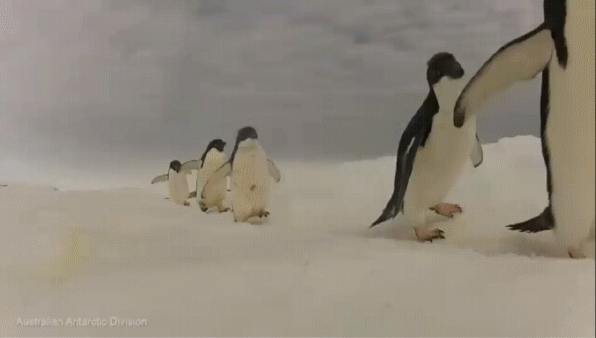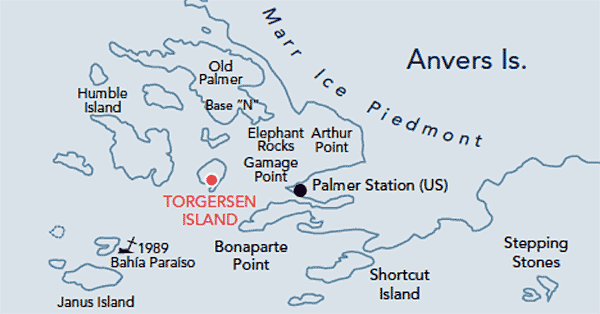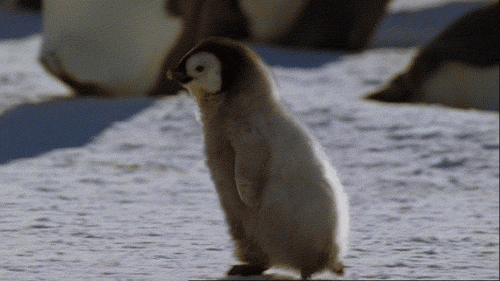By: Valeria Ruoppolo
Posted: Wed, 10/05/2016
With more than half the world's penguin species listed as Threatened under IUCN criteria, the 9th International Penguin Congress was a timely opportunity for researchers, reserve managers, conservationists and zoo professionals to come together to share their latest research findings and management efforts, and to review penguin conservation programs from around the world.
Held every three years, the Cape Town meeting attracted more than 220 attendees. The International Penguin Congress attracted a large contingent of students undertaking higher degrees on penguins, providing them with the opportunity to meet with other students and more senior researchers to draw on their knowledge and expertise.
A special two-day workshop was held for attending students and early career scientists. I am a mentor for the International Penguin Early Career Scientists, a group established to promote interest and offer guidance in their scientific careers. My involvement with this group allowed me to share details about my career and individual skills that facilitated reaching my professional goals.
In May 2016 I was invited to be a member of the IUCN Penguin Specialist Group. And during a pre-conference workshop, the IUCN Penguin Specialist Group evaluated the status of global penguin populations. Based on my expertise I assisted in evaluating the status of Spheniscus penguins (African, Galapagos, Humboldt and Magellanic Penguins), all of which are under IUCN Red List conservation status.
Of concern, however, is that African Penguin numbers have decreased since the last evaluation, with only 22,000 breeding pairs left in Namibia and South Africa. This long-term population decrease reinforces the importance of conservation actions such as the Chick Bolstering Project and oil spill response support offered by IFAW to local partner Southern African Foundation for the Conservation of Coastal Birds (SANCCOB).
I visited SANCCOB before and after the conference. IFAW supports their efforts to rehabilitate African Penguins and other seabirds, and the visit provided the opportunity to strengthen relations and talk about oiled wildlife response in South Africa.


















No comments:
Post a Comment